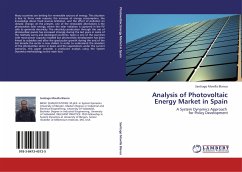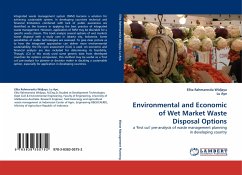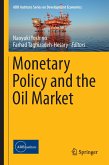It is widely recognized that wholesale electricity markets tend to be prone to the exercise of market power. The exercise of market power has antisocial impacts in the liberalised electricity markets. It results in inefficient short-term dispatch outcomes, and affects the efficiency of longer-term generation investment decisions. And thus, it results in power price rises and substantial wealth transfers between electricity customers and generators. Electricity market regulators around the world tend to be interested in mechanisms for predicting marker power ex ante and detecting and controlling the exercise of market power ex post. The common indices of ex ante market power indicators however, mostly disregard transmission constraints, variation of wind farms capacities, and dynamics of electric power systems. This paper carries out a probabilistic study of market power using an index termed Probabilistic Transmission-Constrained Pivotal Supplier Indicator (Probabilistic TC-PSI).Two probabilistic approaches (a) Monte Carlo Method (MCM), and (b) Two-Point Estimation Method (T-PEM) are employed in the probabilistic study and then compared to each other.








